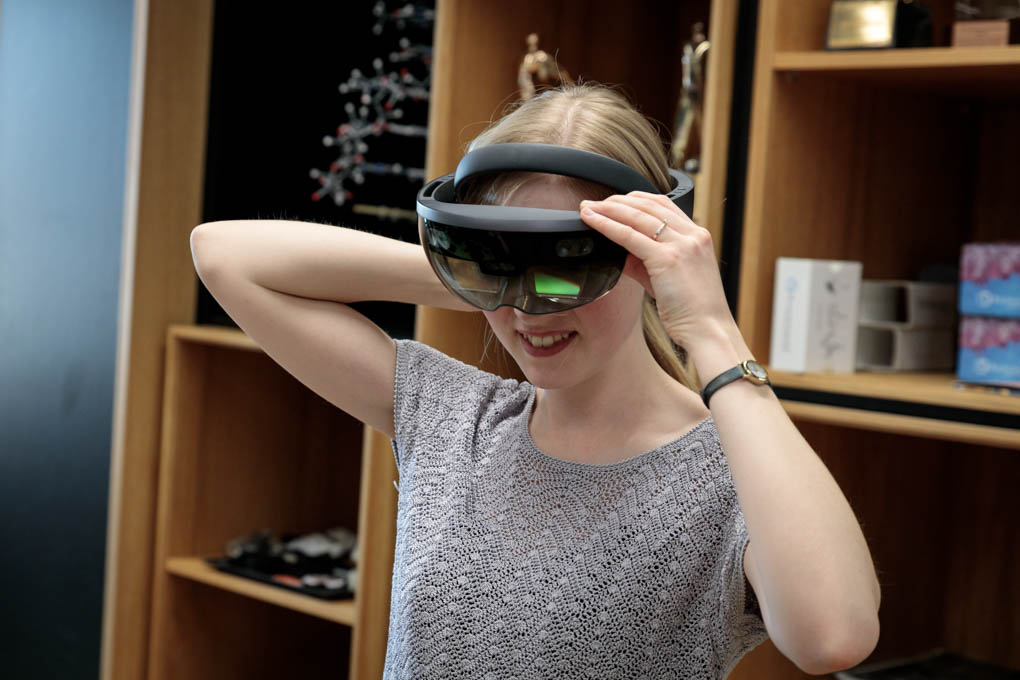The Professional Internship for PhD Students (PIPS) is a key component of our Doctoral Training Partnership (DTP) programme. Students spend 3 months on a professional placement with an external host organisation. The aim of PIPS is to allow students to gain the opportunity to carry out a non-academic work placement during their PhD. Such experience is important both to help early career researchers understand the context of their research and to expose them to the range of opportunities available to them after they graduate.
“Ultimately, I think any PIPS experience is a great opportunity to expand your network, find out how different companies and sectors work and how they differ to academia. It also provides the often, much-needed, reassurance that a PhD does not just set you up for a career in academia but there are many transferable skills which make you a very employable individual in any sector.” (Student comment after PIPS)
Both students and host organisations benefit greatly from the PIPS placements and we have received very favourable feedback from both the students and their hosts, with many of these organisations going on to host multiple placements.
“I didn’t appreciate at the time how useful the PIPS would be in securing a job. My interview focussed primarily on my placement experience, so it was invaluable not only in helping me explore alternative career choices but in making sure I had a successful interview.” (Former DTP student, now an Environmental Consultant).
A student becomes eligible for a Professional Internship for PhD Students (PIPS) once they have passed their first year transfer viva, hence a PIPS placement is usually undertaken during the second or third year of the four-year PhD programme. The timing is in consultation with the student’s supervisor to ensure minimal disruption to their research.
A PIPS is usually undertaken in a three-month block but can be flexible to suit the needs of the student and host organisation. The PIPS process is student-led i.e. students are responsible for finding a suitable placement, negotiating the details with the host organisation and arranging their own travel and accommodation (within the allowance provided by the BBSRC funding through the DTP).
(NB i-CASE students do not do PIPS. Instead, they undertake an industrial placement with their CASE partner).
“If it weren’t for my placement in the NHS, I wouldn’t have had the experience required to answer the competency questions during my civil service application process. I think this was the stand out moment for the DTP. If you don’t want to continue within academia, making the transfer out can be a very difficult process. PIPS made this immeasurably easier for me and I owe my speedy employment after my PhD to it.” (DTP final year leaver who has secured a role as a Scientific Officer – Operational Research in the Home Office, Civil Service)
Find out more
Click on the link to view the PIPS Placement Information Session 24/25.
Navigate the PIPS tab to find information about all aspects of PIPS, including the paperwork that needs to be completed, information for host organisations and questions and answers for students.
Our PIPS scheme is organised by all three White Rose Universities: Leeds, Sheffield and York. In each University there are staff who are responsible for the Training and Development of PhD students and co-ordinate activity at a local level. There will be PIPS Information Sessions organised by the Training Managers at each university and all students will be invited to attend. Contact your local Training Manager for all the latest information regarding possible PIPS host organisations and to discuss how to arrange a placement with a host organisation of your choosing.
To see examples of where our students go for their PIPS training, have a look at our PIPS Case Studies.

